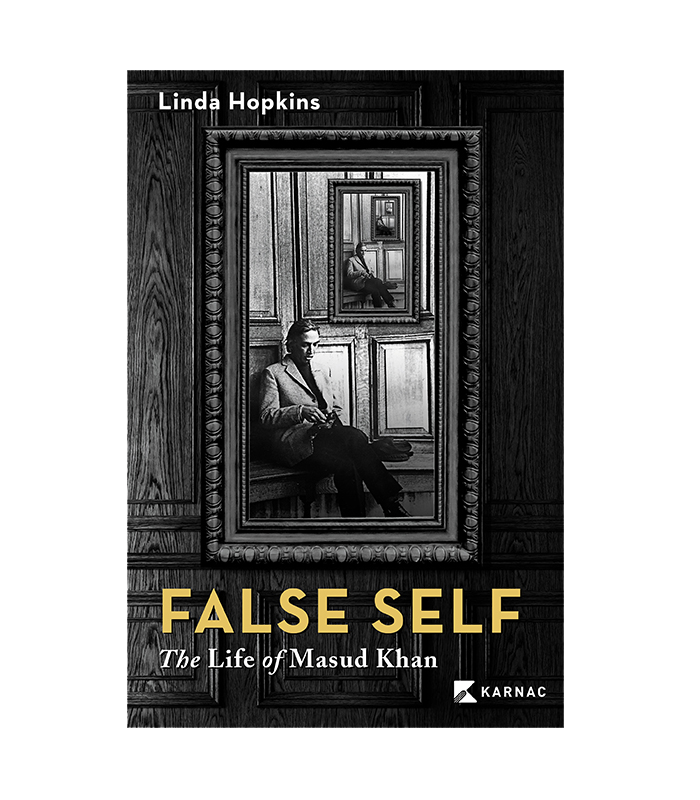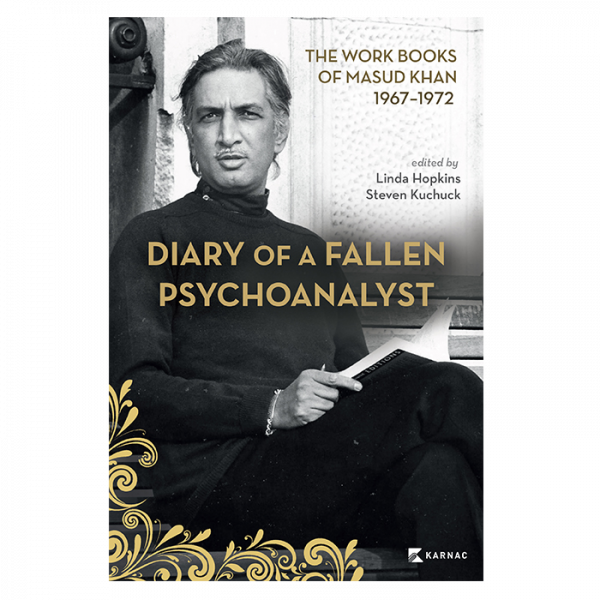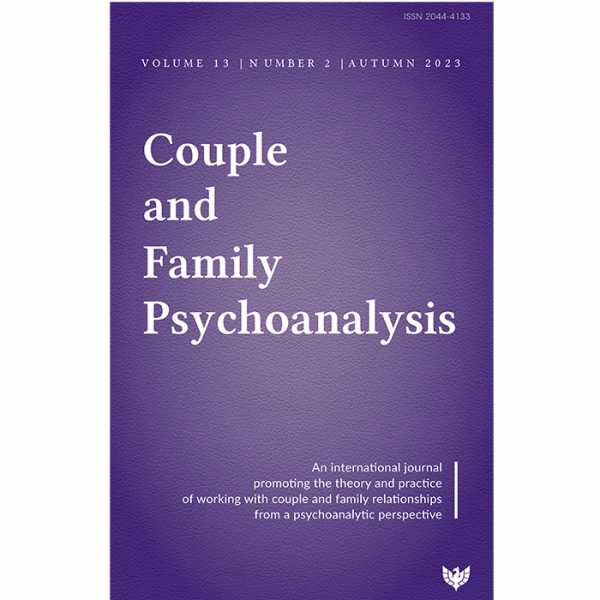Notorious for his flamboyant personality and, at first, widely acknowledged as a brilliant clinician, M. Masud R. Khan (1924–1989) exposed through his candor and scandalous behaviour the bigotry of his proponents-turned-detractors. The son of a wealthy landowner in rural India (now Pakistan), Khan grew up in a world of privilege radically different from the Western lifestyle he would adopt after moving to London, where we was closely connected to some of the most creative and accomplished people of his time, including Donald Woods Winnicott, Anna Freud, Robert Stoller, Richard Redgrave, Julie Andrews, Rudolph Nureyev, and many more. Khan’s subsequent downfall reveals not only his psychic fragility but also the world of intrigues and deceptions in the psychoanalytic community of the time.
In telling the story of this provocative man, Linda Hopkins makes use of unprecedented access to Khan’s peers, relatives, and analysands in order to provide an in-depth and balanced account of Masud Khan as a talented and deeply conflicted man.






Joyce Slochower, PhD, A.B.P.P., author of Holding and Psychoanalysis and Psychoanalytic Collisions –
‘This scholarly, lucid book offers a balanced view of Khan’s rich and extremely problematic life and work. Linda Hopkins has done a masterful job of investigating the complexities of history and psychology.’
Amy Bloom, The New York Times Review of Books –
‘If I were a snob, a liar, a drunk, a philanderer, an anti-Semite, a violent bully, a poseur and a menace to the vulnerable, I would want Linda Hopkins to write my biography. Masud Khan was all of these things. […] [Hopkins] sees his life as a tragedy lived on a scale grand enough to match his favourite characters: Shakespeare’s King Lear and Dostoevsky’s Prince Myshkin.’
Bob Hinshelwood, PhD, professor, Centre for Psychoanalytic Studies at the University of Essex –
‘Sensible, intelligent, scrupulously researched, and clear as a bell. This is an important biography, for its reference points are the relevance and standing of psychoanalysis in today’s world, the crossroads between Western and Muslim culture, and ultimately the contemporary conflict between dramatic image and authentic life. Linda Hopkins has made an extraordinary and successful attempt to get Khan’s larger-than-life character into ordinary human proportions, where he becomes a flawed man living a flawed life.’
Purnima Mehta, MD –
‘False Self is a biographical gem, compelling, brilliant, and evocative. Dr. Hopkins provides us with a compassionate exploration of the depths of human suffering and frailties in the context of Masud Khan’s life, resonating deeply with our own souls and psyche.’
Margaret Crastnopol, PhD, cofounder and faculty, Northwest Center for Psychoanalysis, Seattle –
‘Linda Hopkins paints a remarkable portrait not only of a pivotal individual, but of a cadre of professionals who had a major hand in shaping the psychoanalysis of then and now.’
Dodi Goldman, PhD, William Alanson White Foundation; author, In Search of the Real: The Origins and Originality of D.W. Winnicott –
‘Linda Hopkins demonstrates how seamlessly threads of inspired genius and impaired living are woven together in the life of Masud Khan. While admirably empathic toward Khan’s vulnerability, she does not whitewash his accountability. There is so much to be learned from Hopkins’s labour of love, and we all owe her a debt of gratitude.’
Michael Eigen, PhD, author of The Sensitive Self, The Electrified Tightrope and Lust –
‘I didn’t want this book to end. A hush fell with the last page, the hush of a shadow of life. I can’t thank Linda Hopkins enough for the truth of this book, the detailed care, the love of life that it reveals.’